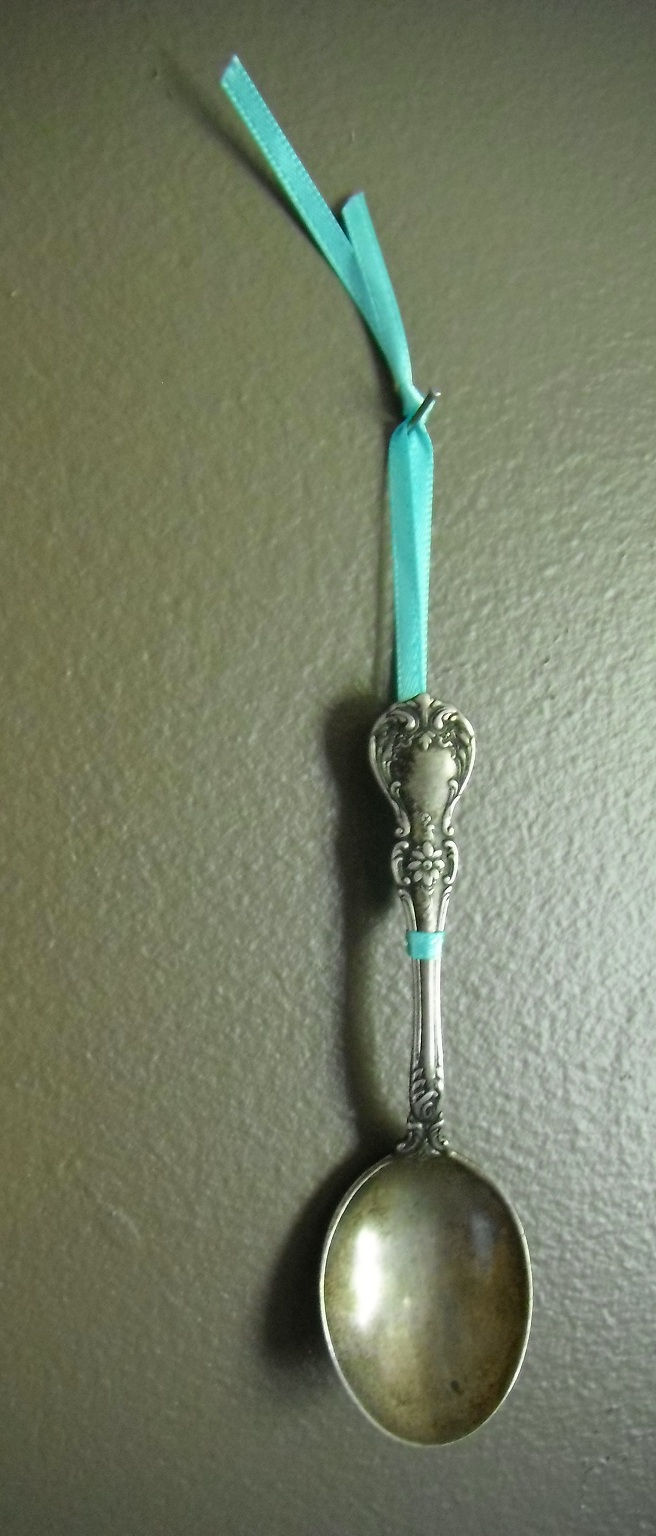I got a letter from a friend today. He prefers to write in longhand. Perhaps his point was so well-taken because he took the time to write the words out on a piece of paper with a pen. He scribbled through a few of the thoughts he wanted to change, and left edits in the margins. It was enjoyable to read. There’s something so personal and real about a handwritten letter.
He is a father-figure for two girls that mean the world to him. He writes of their personalities, their hobbies, and how much they have enriched his life. It’s clear that he is humbled by the fact that they choose to spend so much time with him. He feels that the best he can offer is to be there for them, to be accepting of them and to encourage them. It would seem that offering to be there, to be accepting and to be encouraging would not be too much to ask of a parent. It simply requires that you take a back seat, and not insist on putting yourself first all the time.
I’ve always wanted my kids to feel completely accepted for who they are. I encourage them in their uniqueness. I encourage them in their academics and extra-curricular stuff, but it’s most important that they know I value who they are, not just how they perform. I never want them to feel that they are an inconvenience. That’s the fall-out of being the child of a narcissist. Children of narcissists end up feeling that if they aren’t performing, or serving, then they are an inconvenience.
Another friend of mine, who also has a poor relationship with his father, once told me that he didn’t realize how lousy this relationship was until he had kids of his own. He would check in on his girls while they were sleeping, and he felt that his heart was ready to burst with the love he felt for them. He vividly remembers the first time he thought, “If my dad had ever felt that for me, there’s no way he would have treated me the way he did.” It’s when you have kids of your own that it really dawns on you the capacity you have for love. That’s also when you realize that you came up short in that department. It becomes painfully clear that the narcissistic parent was not capable of being there for you, couldn’t possibly accept you for who you are, and could only encourage you so far as that encouragement might benefit them.
Tags: child of narcissist, divorce, narcissism, narcissist behavior, narcissistic behavior, NPD, proactive, survive



